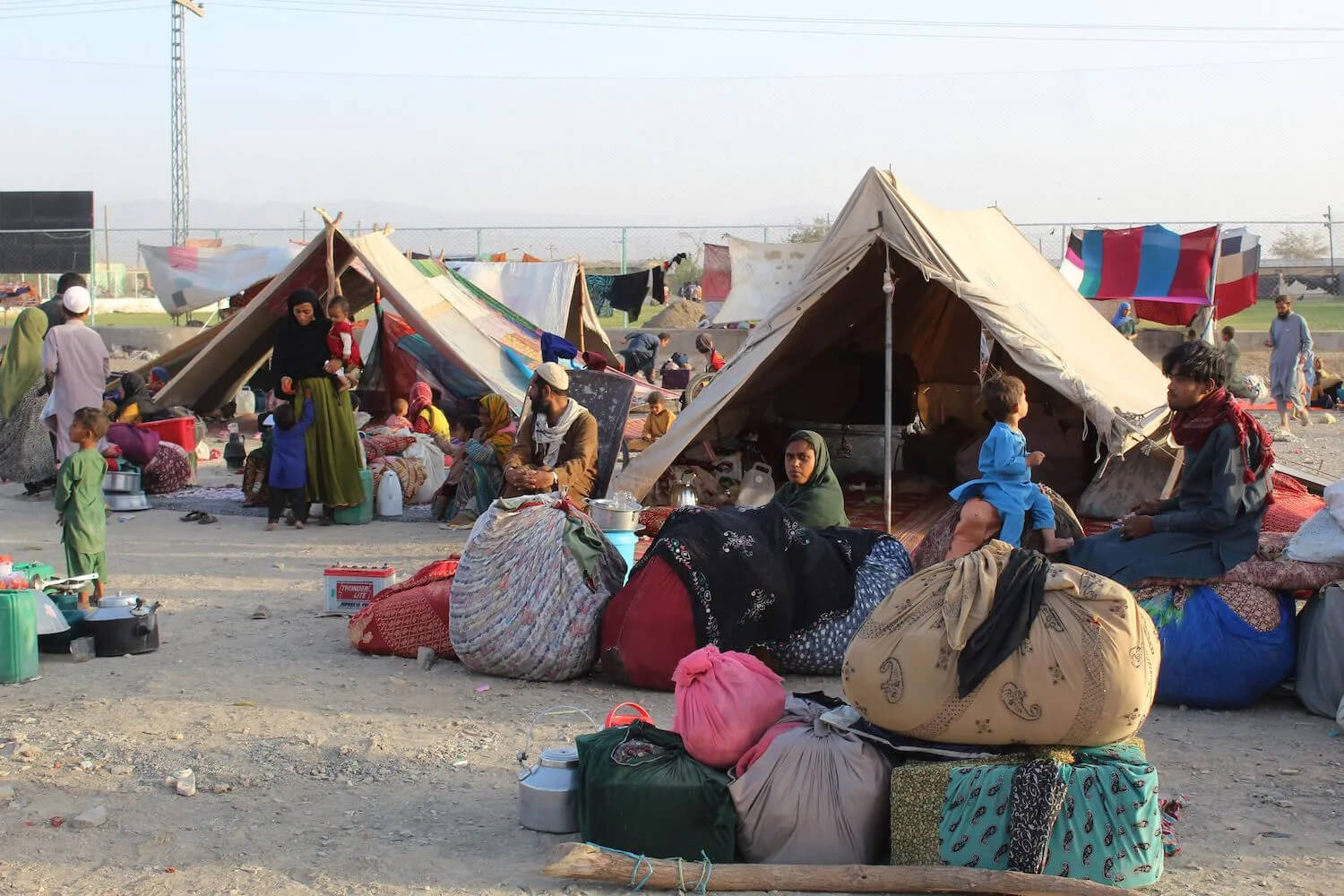The Taliban has been blocking the evacuation of and harassing thousands of Afghan citizens who previously worked for the German government and German institutions, including news organisations and civil society groups.
German media outlet Der Spiegel reported that the Taliban has in recent weeks introduced new forms of “harassment” to block evacuations. Moreover, given that the German embassy in Kabul was vacated during the Taliban takeover last August, the true on-ground situation of the repression faced by these Afghans could be even worse.
According to the German Federal Foreign Office, 1,044 Afghans were evacuated to Germany in July as part of a target of evacuating 7,700 Afghans from July to mid-September. However, Der Spiegel reports that “this goal is no longer realistic.” Likewise, the German Foreign Office has acknowledged that this has become a “big problem.”
After the Taliban seized power, the German government released a “human rights list” of 23,000 journalists, political activists, and artists who were granted special permits to live in Germany. It also vowed to evacuate an additional 1,800 people. 10,000 of these Afghan nationals have already accepted the German government’s offer and are waiting to be evacuated. In fact, German authorities were prepared to accept 3,000 to 4,000 Afghans in July and August.
To this end, Foreign Minister Annalena Baerbock conducted the first assessment of the “Afghanistan Action Plan” in June, following which the Foreign Office increased the staff in its embassies in Afghanistan's neighbouring countries. Foreign Minister Bilawal Bhutto Zardari committed to facilitating evacuations by allowing Afghans to enter Pakistan, even without passports. Germany has also set up informal channels of communication with the Taliban.
German FM Annalena Baerbock told a news conference n Islamabad that her country will step up efforts to evacuate Afghans to Germany who are still stranded n Pakistan. She said Afghan Taliban r moving n a "Wrong Direction" & a joint message should b conveyed to the Taliban rulers.
— Tahir Khan (@taahir_khan) June 7, 2022
However, these efforts have fallen short, as the Taliban continues to introduce new restrictions to block evacuations. Locals report that buses to Pakistan have been stopped by radicals deployed at checkpoints. Moreover, while the Taliban has technically allowed Afghans to leave the country, authorities have exponentially cut down on issuing new passports.
In fact, in February, the Taliban said that it would not allow any evacuations until life for Afghans in foreign countries had improved. Taliban spokesperson Zabihullah Mujahid claimed that Afghans in Qatar and Turkey are “living in very bad conditions,” adding, “The government has the responsibility to protect the people so this will be stopped until we get the assurance that their lives will not be endangered.”
He also clarified that the Taliban’s previous assurance of assisting in evacuations was not a “continuous promise,” noting that those who do not have an excuse to leave the country would be restricted from departing. Moreover, women would not be allowed to travel without male chaperones, revealed Mujahid, declaring, “This is the order of Islamic sharia law.”
➡️ German Foreign Minister Annalena Baerbock at the #UN pledging conference for #Afghanistan:
— Serap Altinisik (@SeeRap) March 31, 2022
"The Taliban must give Humanitarian actors unimpeded access and ensure their safety. They must not interfere with Humanitarian assistance." pic.twitter.com/ycM7r600cz
There is also a self-policing aspect to the drop in evacuations, as many Afghans fear revealing their ties to foreign governments and institutions for fear of being punished as traitors. In fact, over a hundred Afghans with links with Western governments have been killed by the Taliban since last August.
Nevertheless, around 21,000 Afghans, roughly two-thirds of Berlin’s target, have reached Germany. In total, over 120,000 Afghans and dual citizens have escaped Afghanistan since the Taliban’s takeover.
However, the DW has reported that Afghan evacuees face several bureaucratic hurdles impacting their legal status in Germany, including strict definitions of those that qualify as employees of German institutions. Last year, the German defence, interior, foreign, and development ministries disagreed on the definition of a local employee. While the defence and interior ministries wished to include all those who had worked for them since 2013, the other two ministries were concerned that this would include locals assisting German authorities with their daily work and hamper their future operations in Afghanistan.
There have also been reports of Afghan refugees being evicted from refugee centres to make way for Ukrainian refugees.

